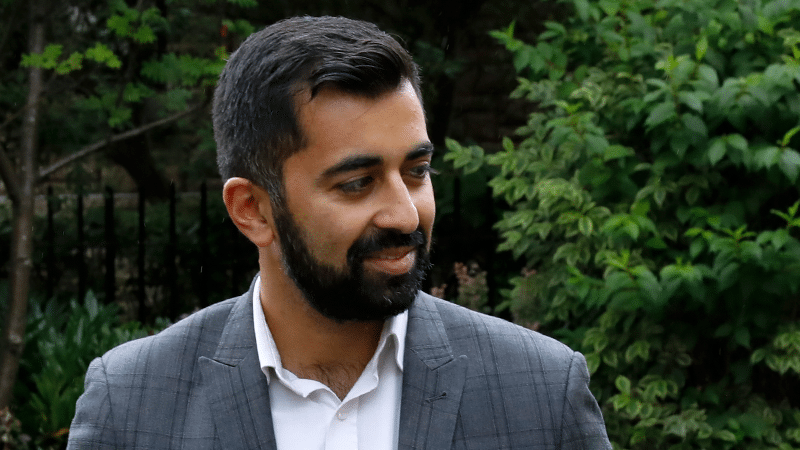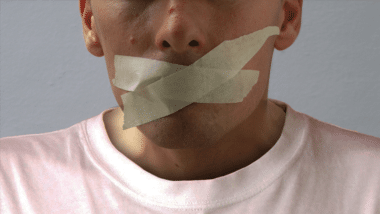The Scottish Justice Secretary has been told that he cannot simply “magic away” criticism of his proposed hate crime Bill, after he attempted to dismiss concerns.
Critics have pointed out that the Hate Crime and Public Order (Scotland) Bill would severely restrict freedom of speech as it would criminalise language ‘likely to stir up hatred’ against particular groups, including on the basis of religion, sexuality and transgender identity.
In an interview with Holyrood magazine, Humza Yousaf attempted to assuage fears by claiming that under the proposed legislation, Scottish author J.K. Rowling would not be prosecuted for expressing her views on transgenderism.
Threatening
The Harry Potter author recently faced online abuse for saying that the only people who menstruate are female.
She argued that “erasing the concept of sex removes the ability of many to meaningfully discuss their lives” and “it isn’t hate to speak the truth”.
Following mounting pressure from celebrities, lawyers, religious leaders and free speech campaigners, Yousaf denied that the Bill would have a negative impact on freedom of speech.
He claimed: “If you were to say a trans man is not a real man or trans woman is not a real woman, you would not be prosecuted under the bill that I am intending to bring forward, so long as you didn’t do it in a threatening or abusive way that is intended or likely to stir up hatred”.
‘Intent’
However, critics have pointed out that determining what speech is “threatening” or likely to “stir up hatred” is too open to interpretation.
A spokesman for the Free to Disagree campaign said Yousaf “cannot simply magic away these concerns” about the law, pointing out that under the legislation no ‘intent’ is necessary for an offence to be committed.
“Rowling could conceivably be guilty of a ‘stirring up’ offence without intending to stir up hatred, or even being aware that her comments were unlawful.”
Already criminal
In his interview, Yousaf attempted to give examples of where speech could become a criminal offence, including pinning a transgender person to a wall or aggressively interupting a transgender meeting, but the Free to Disagree spokesman pointed out that these are already criminal offences.
He said: “These examples could both be caught by current legislation. Pinning someone up against a wall is more than threatening and abusive – it’s assault. If this incident was prosecuted it may also be an ‘aggravated offence’ due to the comments about transgender identity.
“The scenario of a person bursting into a room full of trans men could also be an offence under the Criminal Justice and Licensing (Scotland) Act, which criminalises those who intentionally or recklessly cause fear or alarm.
“If the conduct Mr Yousaf cites is already covered by criminal legislation, it does beg the question ‘why do we need new offences at all?’ Especially given the significant risks to free speech outlined by experts.”
Bill opposition
The Scottish Government has faced increasing opposition to its Bill in recent weeks.
Last week, Rowan Atkinson and over 20 others signed an open letter highlighting concerns about the Bill’s potential “chilling effect on free expression”.
Mr Yousaf said the letter would be given “serious consideration”.
BBC presenter says hate crime Bill ‘threatens Scotland’
Owning a Bible could be ‘inflammatory’ under Scots hate crime law, say RC bishops’
Rowan Atkinson joins opposition to Scottish hate crime Bill
Law Society of Scotland: ‘Vague hate crime Bill could criminalise unpopular views’


